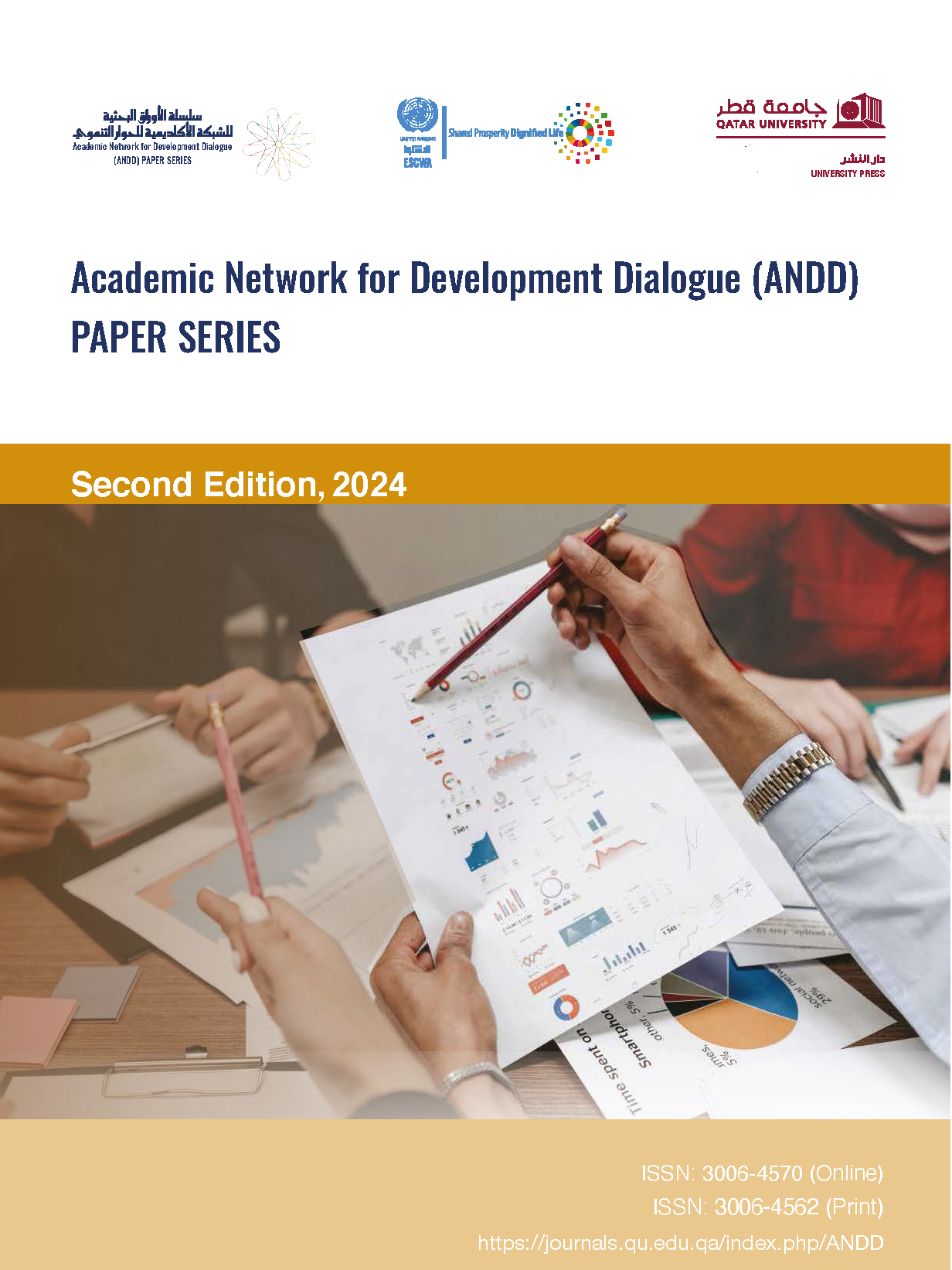Promoting Mental Health & Emotional Well-being Inside Classrooms
Abstract
The current research sheds light on the teachers’ knowledge and awareness of emotional intelligence and social-emotional learning in schools in Lebanon. It highlights the benefits of social-emotional learning programs in terms of creating equity in schools, nurturing the spirit of self-awareness, and offering learners emotion regulation tools and the capability to build healthy long-lasting relationships based on empathy. The research was carried out in Lebanon through focus groups, and one-to-one meetings, and a Google Form was used to survey the 104 participants. The teachers were from various governates, and different age groups, and taught different cycles, and across subject areas. The research offers recommendations and guidelines for schools that aim to introduce social-emotional learning effectively inside classrooms.
##plugins.themes.bootstrap3.article.details##
Mental healthSocial skillsEmotional wellbeingSoft skills
Boyatzis, R., & Goleman, D. (1999). Foundations of Emotional Intelligence with Richard Boyatzis and Daniel Goleman. Jossey-Bass.
Brackett, M. A., & Katulak, N. A. (2007). Emotional Intelligence in the Classroom: Skill-based Training for Teachers and Students. In J. Ciarrochi & J. D. Mayer (Eds.), Applying Emotional Intelligence: A Practitioner's Guide (pp. 1–27). Psychology Press.
Chernis, C., & Goleman, D. (2001). The Emotionally Intelligent Workplace: How to Select for, Measure and Improve Emotional Intelligence in Individuals, Groups and Organizations. Wiley Publications.
DePaoli et al. (2018). Respected Perspectives of Youth on High School & Social and Emotional Learning: A Report for CASEL. Civic with Hart Research Associates.
Dhingra, P., & Rani, R. (2019). Importance of Social Skills for Adolescents. https://doi.org/10.13140/RG.2.2.28711.50084
Durlak et al. (2017). Promoting Positive Youth Development through School-based Social and Emotional Learning Interventions: A Meta-Analysis of Follow-Up Effects. Child Development, 88(4), 1156–1171. https://doi.org/10.1111/cdev.12864
Goleman, D. (1995). Emotional Intelligence. Bantam Books.
–––. (1998). Working with Emotional Intelligence. Bantam Books.
Farrington, D. P., Ttofi, M. M., & Zych, I. (2019). Protective Factors Against Bullying and Cyberbullying: A Systematic Review of Meta-Analyses. Aggression and Violent Behavior, 45, 4-19. https://doi.org/10.1016/j.avb.2018.06.008
Matthews, G., Deary, I. J., & Whiteman, M. C. (2009). Emotional intelligence (EI) is a Relatively New Construct in Differential Psychology.
Mayer, J. D., & Salovey, P. (1997). What is Emotional Intelligence? In P. Salovey & D. Sluyter (Eds.), Emotional Development and Emotional Intelligence: Implications for Educators (pp. 3–31). Basic Books.
Petrides, K. V., Frederickson, N., & Furnham, A. (2004). The Role of Trait-Emotional Intelligence in Academic Performance and Deviant Behavior at School. Institute of Education, University of London, University College London, UK.
Qualter, P., & Gardner, K. (2007). Emotional intelligence: Review of Research and Educational Implications. Pastoral Care, 11-20.
Collaborative for Academic, Social, and Emotional Learning. (n.d.). https://casel.org



 https://orcid.org/0009-0000-2729-8343
https://orcid.org/0009-0000-2729-8343